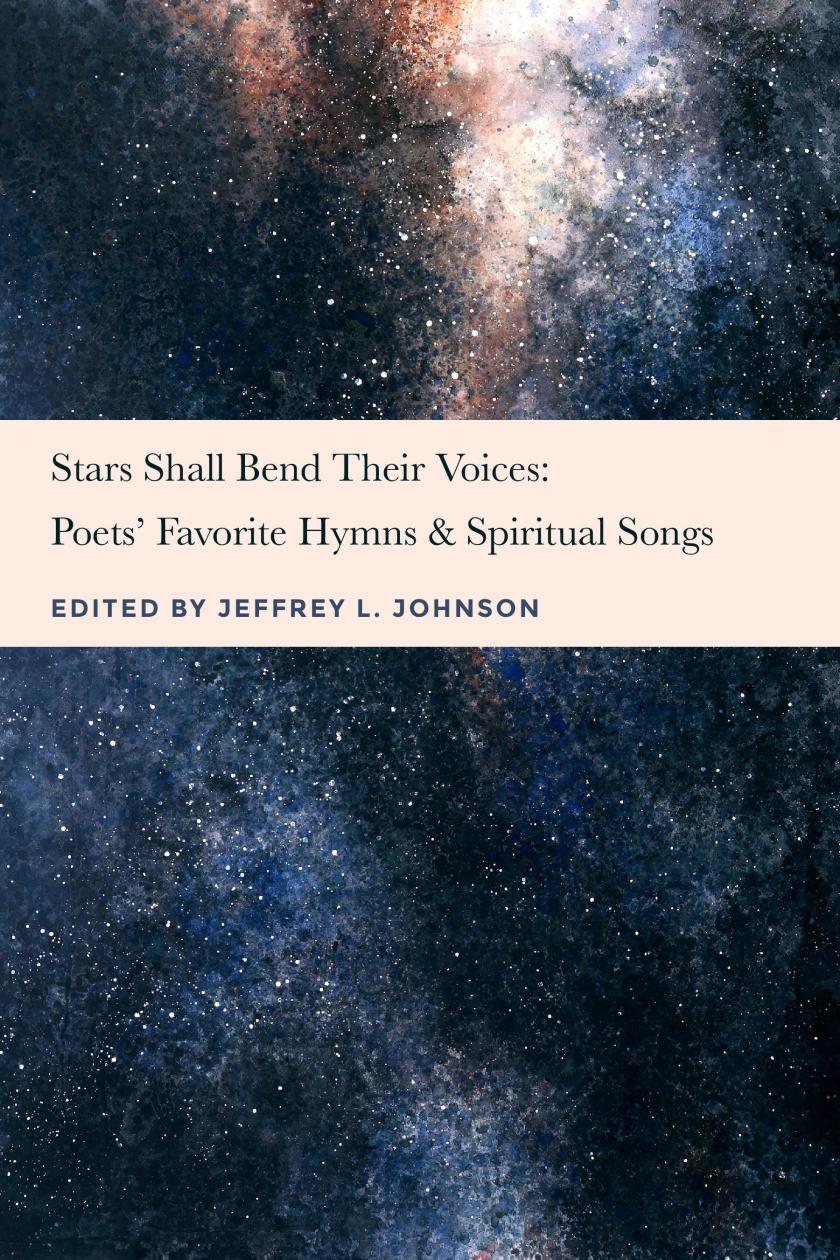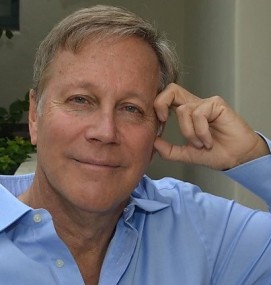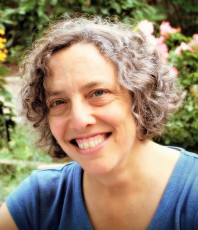A stable lamp is lighted
whose glow shall wake the sky;
the stars shall bend their voices,
and every stone shall cry.
-Richard Wilbur
Twenty-five leading contemporary poets were invited to choose and write about their favorite hymn or spiritual song. Their essays have been collected in an anthology and published by Orison Books.
Publisher’s description
In Stars Shall Bend Their Voices, some of the most respected living poets meditate on the role of hymns and spiritual songs in their lives and writing. Representing many spiritual traditions and many approaches to personal spiritual practice, Stars Shall Bend Their Voices is a testament to the lasting impact of spiritual music on many of today’s best poets.
Order your copy from Orison Books or from your bookstore.
Essays commissioned for Stars Shall Bend Their Voices were pre-published in Commonweal, First Things, Image, Harvard Divinity Bulletin, Literary Hub, Tiferet and other journals.
In the posts that follow, photographs of the poets are linked to sites that tell you more about their lives and work. Buy a volume of your favorite poet’s poems, essays or literary criticism.
All Creatures of our God and King Kimberly Johnson
Amazing Grace Alicia Ostriker
A Mighty Fortress Maurice Manning
Be Thou My Vision Scott Cairns
Breathe on Me Breath of God Margaret Gibson
Caedmon’s Hymn Edward Hirsch
Come My Beloved Yehoshua November
The Eid Takbeerat Zeina Hashem Beck
Great is Thy Faithfulness Kwame Dawes
Hallel Jacqueline Osherow
I Love to Tell the Story Kathleen Norris
Immortal, Invisible, God Only Wise Lorna Goodison
Islamic Call to Prayer Kaveh Akbar
Jesus is All the World to Me Patricia Jabbeh Wesley
O Come, O Come, Emmanuel Linda Gregerson
O God Our Help in Ages Past Vijay Seshadri
O Little Town of Bethlehem Robert Hass
One Bread, One Body Kate Daniels
Onward Christian Soldiers Jay Hopler
Psalm 23 Richard Chess
Precious Lord, Take My Hand Sydney Lea
A Rastafarian Hymn Shara McCallum
Silent Night Jason Gray
Tantum Ergo Dana Gioia
There is a Green Hill Far Away Mark Jarman
Cover art: Cluster I by Ekaterina Smirnova






















 Kimberly Johnson
Kimberly Johnson

